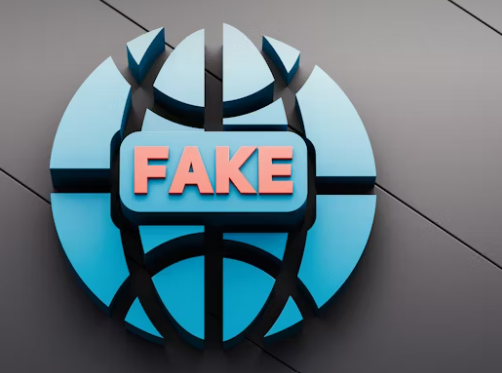The increasing misuse of artificial intelligence (AI) in Malaysia, particularly in the creation and distribution of deepfake content, has raised significant concerns. A recent incident involving a Malaysian student accused of selling AI-generated explicit images of his schoolmates underscores the urgency of addressing this issue.
Understanding Deepfake Technology
Deepfake technology, which uses AI to create hyper-realistic but fabricated images and videos, is becoming more accessible. This accessibility has led to a surge in malicious activities, including the creation of non-consensual explicit content and the spread of misinformation. Such incidents do not only violate individual privacy but also pose broader threats to societal trust and security.

The Scale of the Problem
According to internal data from Sumsub, deepfake fraud cases increased over tenfold between 2022 and 2023. The most targeted industries were cryptocurrency (88%) and fintech (8%), highlighting the urgent need for robust verification, regulation, and incident response frameworks.
Why This Matters in Malaysia
As the country accelerates its digital economy initiatives, from e-wallet adoption to smart governance platforms, we face heightened exposure to cyber fraud, identity theft, and AI-powered impersonation. Deepfakes are not only being used to defame individuals but are fast becoming tools for financial fraud, data breaches, and reputational damage.

The Role of Venovox as a Background Verification and Security Auditing firm
In light of these developments at Venovox, we can offer specialized services to mitigate the risks associated with AI misuse. Some of our services include: Authenticity Verification with advanced tools to identify and analyze manipulated media. Risk Assessment and Compliance Audits to evaluate organizational vulnerabilities and ensuring adherence to cybersecurity regulations. Employee Training and Awareness Programs to educate staff on recognizing and responding to deepfake threats. Incident Response Planning in developing strategies to mitigate the impact of deepfake-related incidents. Collaborative effort with authorities in providing enhanced safety.
Conclusion
By integrating these services, organizations and individuals can enhance their resilience against deepfake threats, protect their reputation, and contribute to a safer digital environment in Malaysia. The proliferation of deepfake technology presents complex challenges that require a multifaceted response. Through comprehensive security auditing and investigative services, we can help build a safer digital environment for all.

Dato' Venodevan
Risk is an opportunity


